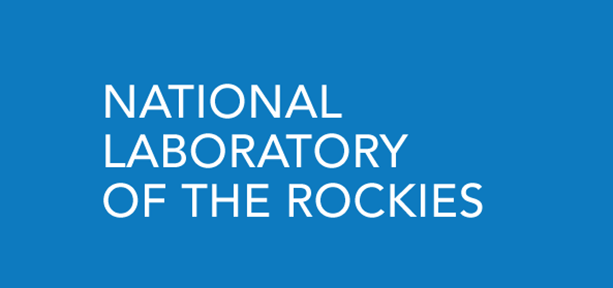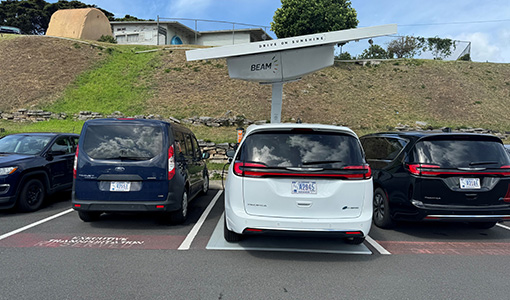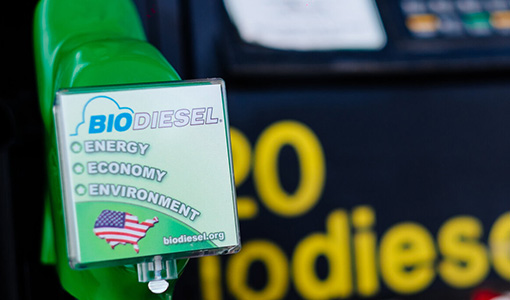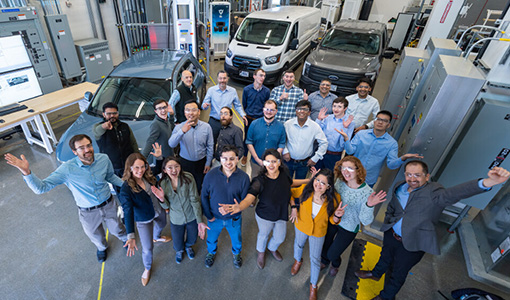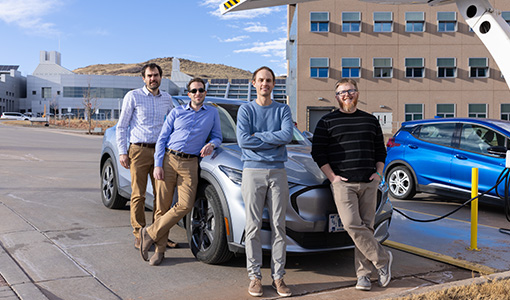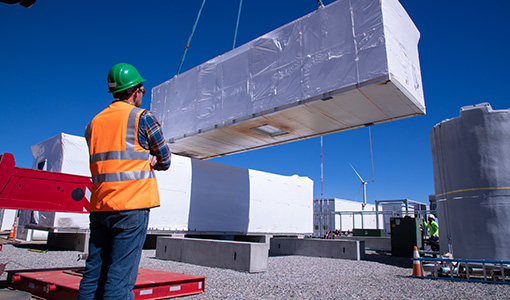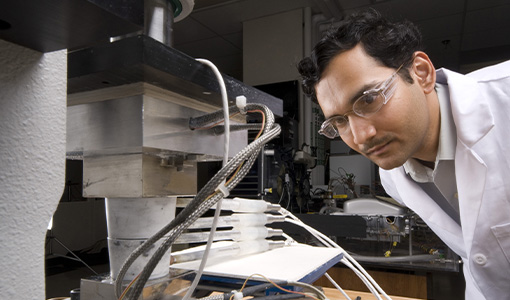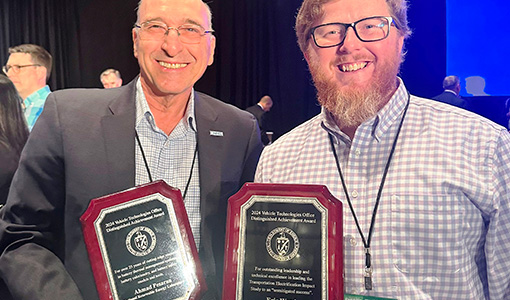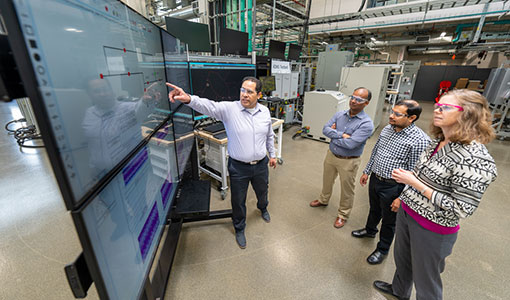Explore our collection of new stories for this topic.
Search or filter for a specific story using the options below.
September 2024
NREL Experts Accelerate Electrification of Department of Defense Nontactical Fleets
As electric vehicles (EVs) continue to grow their share of the market, several federal agencies are transitioning their own fleets to EVs, too.
NREL Research Points Path to Higher Blends of Biodiesel
Barriers that are currently preventing the use of greater percentages of biomass-based diesel fuel blended into petroleum diesel have been identified, along with strategies to overcome them.
August 2024
Next Installment of 'Powered By' Series Starts Sept. 10
The National Renewable Energy Laboratory is extending its "Powered By" webinar series to feature more grid planning and analysis tools starting on Sept. 10.
Researcher Shafquat Khan Elevated to Institute for Electrical and Electronics Engineers Senior Member
Khan is a researcher within NREL's Center for Integrated Mobility Sciences and has been named a senior member of the Institute of Electrical and Electronics Engineers (IEEE).
Soft Cost Analysis of EV Charging Infrastructure Informs Transition to an Electric Fleet
Soft costs for the private and public electric vehicle supply equipment needed to support electric vehicle fleets are essential to the transportation sector's electrification but are not well understood.
July 2024
Decades of NREL Research Power Electric Vehicle Revolution Progress
Electric vehicles have moved beyond novelty to ubiquity, with approximately 1.6 million light-duty electric vehicles were sold in the United States last year. NREL researchers are doing what they can to make sure the experience of driving an EV is a positive one.
NREL Model Fast-Tracks Hydrogen Supply Chain Infrastructure Deployment
Reducing capital and viability risks for infrastructure investment decisions will accelerate the adoption of hydrogen fuel cell electric vehicles. NREL is helping stakeholders forecast demand and minimize infrastructure buildout costs.
Sreekant Narumanchi Travels the Intersection of Heat Transfer, Power Electronics, and Electric Motors to Electrification of Vehicles
Sreekant Narumanchi, who leads NREL's Advanced Power Electronics and Electric Machines group, was chosen as one of NREL's Distinguished Researchers in 2024.
NREL Transportation Researchers Recognized for Teamwork, Leadership, and Expertise at DOE Annual Merit Review
Each year, awards are presented to individuals from Department of Energy national laboratories and other partner organizations for their contributions to overall program efforts and in recognition of their research, development, demonstration, and deployment achievements in specific areas.
June 2024
NREL Partners With Industry Leaders To Prove Out Grid Integration Solutions
The U.S. Department of Energy has selected two new projects to benefit from a premier grid control evaluation capability at NREL.
Share
Last Updated May 5, 2025
